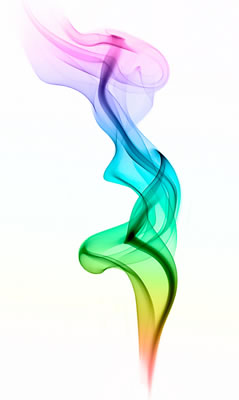
ovatko konstruktiot mahdottomia filosofiassa. transsendentaalinen idealismi on hypoteesi johon kannattaa uskoa siksi etta se ratkaisee niin monta ongelmaa
miten synteettiset a priori arvostelmat ovat mahdollisisa
mita tulee lisata siihen
etta minulla on useita representaatioita jotta saisin representaation yhdesta jolla
on monta piirretta. representaationi muodostavat minulle
harmonisen kokonaisuuden jossa kaikki liittyy yhdeksi. kakki tietomme maailmasta persutuu yksinkertaisten ideoiden yhdistelmiin
iv never been able to accept the interpretation which logician give of judgement in general
I may not have gone where I intended to go, but I think I have ended up where I intended to be
Drawing from sources as varied as the Catholic Catechism, feminist theologies and queer studies, this work offers a Creation-centered anthropological exposition of sexuality that is embedded in God's originating act of Eros in Creation. Recovering an understanding of sexuality that is both sacramental and erotic opens theological conversation into an understanding of Creation as portraits of erotic relationality, capable of wedding justice to sexuality. Within this theological portrait of human sexuality as an expression of God's own self-revelation in Creation, a new articulation of queer sexuality emerges, providing distinct insights into the holiness of sex. Working from multi-denominational Christian sources of queer narrative and theology, the author poses four distinct contributions or queer insights into sexuality. These contributions not only deepen our understanding of Eros and God but also sex and the common good.

Uskovaisen elämä on ihanaa. Ei huolet paina, ei rasitu polla. ...mita sita sanotaanakan keskustelusta..Lopulta, kunhan vain teidän puolellanne "debaattia" henkista koomaa..varmasti minulla on eri arvot kuin jumalalla. en kai muuten olsikaan tassa suhteessa. his thought, instead, is able to imagine spaces without limits. The silence is deep; when a breath of wind comes, this voice sounds like the voice of present time, and by contrast it evokes all times past
This essay explores the place of jouissance in recent theory, traces its roots in Romantic conceptions of the Sublime, and contrasts it with alternative interpretations of orgasm in theological tradition. The key problem with jouissance is that it can act as a cipher for the silencing of women in theological discourse. More positive interpretations of orgasm place an emphasis on generative pleasure—such interpretations were an important part of an older theological tradition including Tertullian and Hildegard. It becomes possible to draw on traditional sources when constructing liberative theological interpretations of sexual activity. As Aristotle argued, orgasm is pneumatic.
Intersex conditions might be more usefully explored in light of theologies from impairment rather than those from sexuality. The areas of concurrence between intersex conditions and disability feed into theologies which fully respect and take into account such bodily states. Hegemonies of `goodness' and `normality' which lead to the marginalization of intersexed and impaired bodies are grounded in theological beliefs which fail adequately to `queer' oppressive socio-cultural discourses. The disability theology of John M. Hull is used to argue that the `ideologies of dominance' which assume the `sighted world' to be the only `real world' are also evident in assumptions that the binary-sexed world is the only real world; and that it is appropriate for theologians to query and subvert such assumptions. Kenotic behaviour in the realm of gender identity might involve the ceding of sexed signification by those who are not intersexed, rather than the assimilation or unchosen `correction' of those who are.
looking at blogs (we all know it is my way of half way there